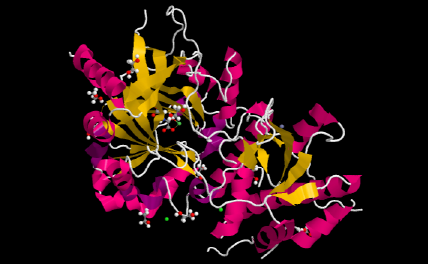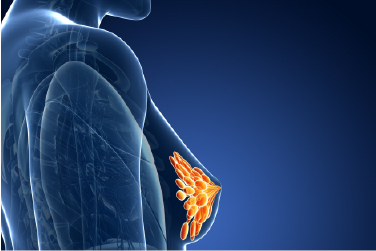This page contains succinct summaries of recently published select cancer-related epigenetics research. The information posted here is frequently updated, so please bookmark this page and visit us to read the latest news at your leisure.

Cancer epigenetics: Of UTX and bivalent promoters in stemness and cancer. Bivalent gene promoters harbor both H3K4me3 activating marks and H3K27me3 repressive marks and are repressed but primed for activation in stem cells. In mouse embryonic stem cells, loss of UTX (KDM6A), an H3K27 demethylase, compromises bivalency and retinoic acid (RA)-modulated cell differentiation programs, including those governed by the bivalent homeobox (Hox) genes. UTX is also central to RA-mediated human NT2/D1 embryonal carcinoma cell differentiation, suggesting a role for the epigenetic modifier in regulating both murine and human bivalent genes (Min Gyu Lee, University of Texas MD Anderson Cancer Center, Houston, TX, USA).

Cancer epigenetics: HDAC1-TWIST-AKT in breast cancer EMT. Epithelial to mesenchymal transition (EMT) can enhance cellular motility and invasion, and thus a cell’s propensity to metastasize. Exogenous expression of SNAIL, an inhibitor of epithelial-specific genes and a master driver of EMT, downregulates HDAC1 in MCF7 breast cancer cells and arrests these cells in G0/G1. SAHA-mediated pharmacological inhibition of HDAC1 induces SNAIL expression, activates AKT signaling, and initiates EMT. The HDAC1-TWIST-AKT axis may therefore play a role in breast cancer EMT and metastasis, and suggests HDAC1 as a potential drug target (Vitor Faça and coll., University of Sao Paulo, Brazil).



